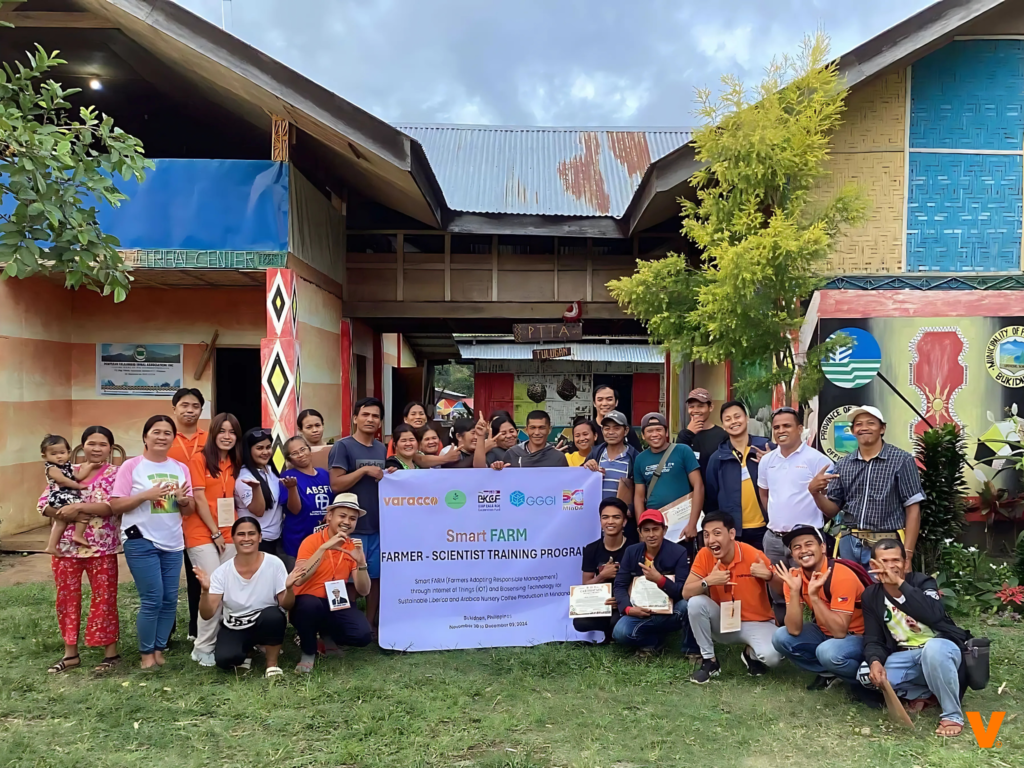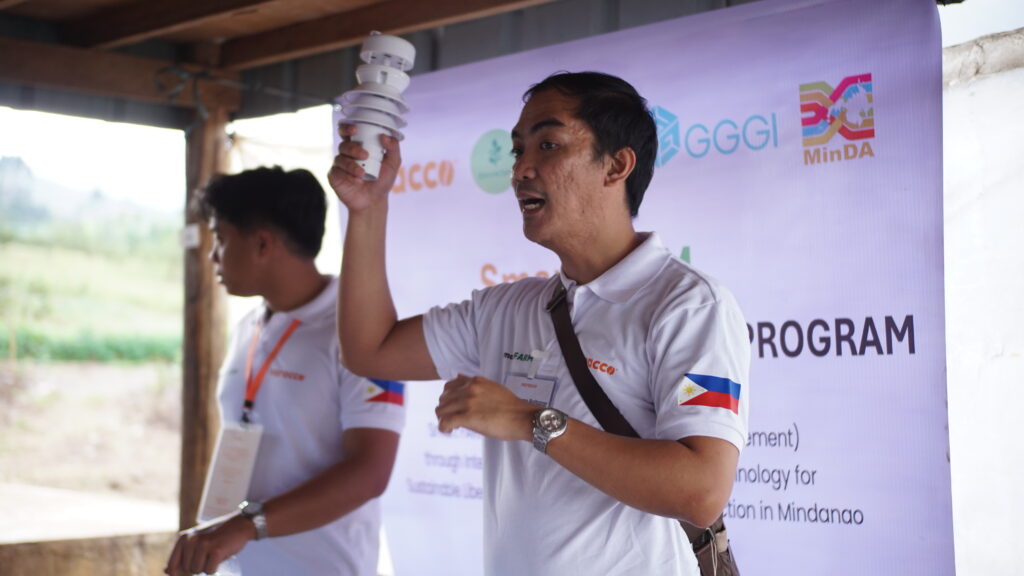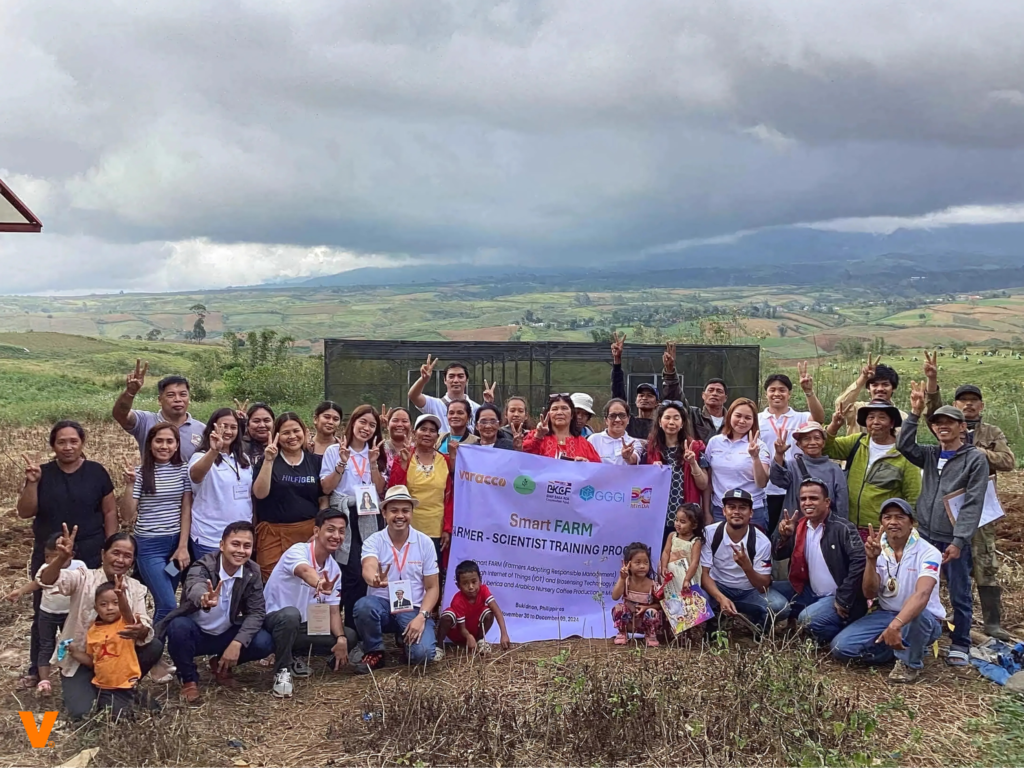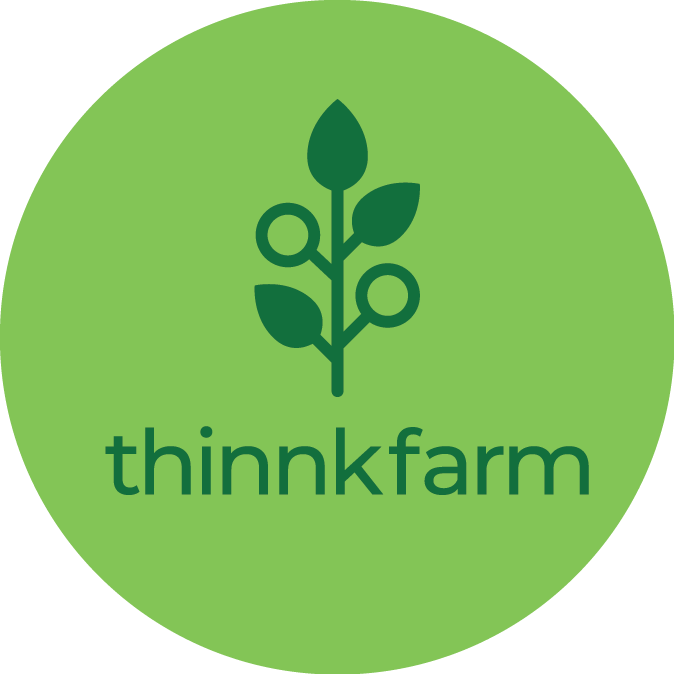Smart FARM in Bukidnon:
Introducing the Internet of Things (IoT) and the Farmer-Scientist Training Program for Indigenous People’s Empowerment
The province of Bukidnon is home to a diverse range of Indigenous Cultural Communities (ICCs) / Indigenous People (IPs). Bukidnon’s mountainous terrain is a vital cornerstone of the local community’s economy and way of life making it the number one province in the Philippines in terms of agricultural value according to the Philippine Statistics Authority. The highlands are their bread and butter, not just a scenic view to admire. Farming is the main occupation in the area, deeply embedded in their daily lives, with coffee being one of their primary high-value crops.

Varacco has strategically selected Mindanao, focusing on the province of Bukidnon, as the launch site for its Smart FARM (Farmers Adopting Responsible Management) Project. This initiative leverages advanced agricultural technologies, data-driven decision-making, and sustainable farming practices tailored to the region’s unique agronomic and environmental conditions. The primary beneficiaries are indigenous coffee farmers, particularly the Portulin Talaandig Tribe Association of Barangay Portulin Pangantucan, and the Milalittra Farmers Agriculture Cooperative of Miarayon, Talakag. The project is supported by the BIMP-EAGA-Republic of Korea Cooperation Fund (BKCF).
This initiative has sparked curiosity and raised many questions, such as: How can IoT integration benefit coffee farming? Will it reduce the number of coffee farmers? How will the Indigenous communities adapt to the technology?
The Internet of Things (IoT) connects physical objects like crops, environmental sensors, and farming tools to the Internet. These connections use satellite or wireless technologies and can be controlled through mobile phones or computers. Through projects like the Smart FARM initiative, IoT is helping farmers reduce labor-intensive tasks while maintaining the need for human expertise. Sensors monitor water usage, soil conditions, and pest management, providing real-time data to optimize farming practices. Additionally, the Smart FARM initiative by Varacco is not just about introducing technology; it is also about empowering farmers through targeted capacity-building programs. A key component of this initiative is the coffee-based

and gamified Farmers Scientist Training Program (FSTP), designed to equip farmers with the knowledge and skills necessary to maximize the potential of the Smart FARM nursery.

On December 4th and 5th, Varacco Inc. conducted Phase 1 of the FSTP through a gamified approach, which aimed to prepare farmers for the integration of science and technology in their farming practices. The training covered five essential topics: familiarization with IoT devices, nursery and seedling management, plant nutrient management, pest and disease management, and post-harvest horticultural handling. Participants were awarded certificates in recognition of their active participation. They can integrate science and technology in the upcoming Smart FARM nursery with their newfound knowledge.
This fusion of traditional practices with technology marks a significant step forward for Indigenous communities, turning challenges into opportunities. By adopting technology and innovative practices, these farmers are not only enhancing their productivity but also becoming ambassadors of smart farming, setting a model for agricultural innovation nationwide.
Varacco envisions this initiative as the beginning of a rising trend in smart farming across Mindanao, the Philippines, and even the world. The Varacco team is optimistic that this knowledge will be passed down from generation to generation, paving the way for sustainable and technologically advanced agriculture.
-Jessa Carabaca
Varacco envisions this initiative as the beginning of a rising trend in smart farming across Mindanao, the Philippines, and even the world. The Varacco team is optimistic that this knowledge will be passed down from generation to generation, paving the way for sustainable and technologically advanced agriculture.
-Jessa Carabaca
